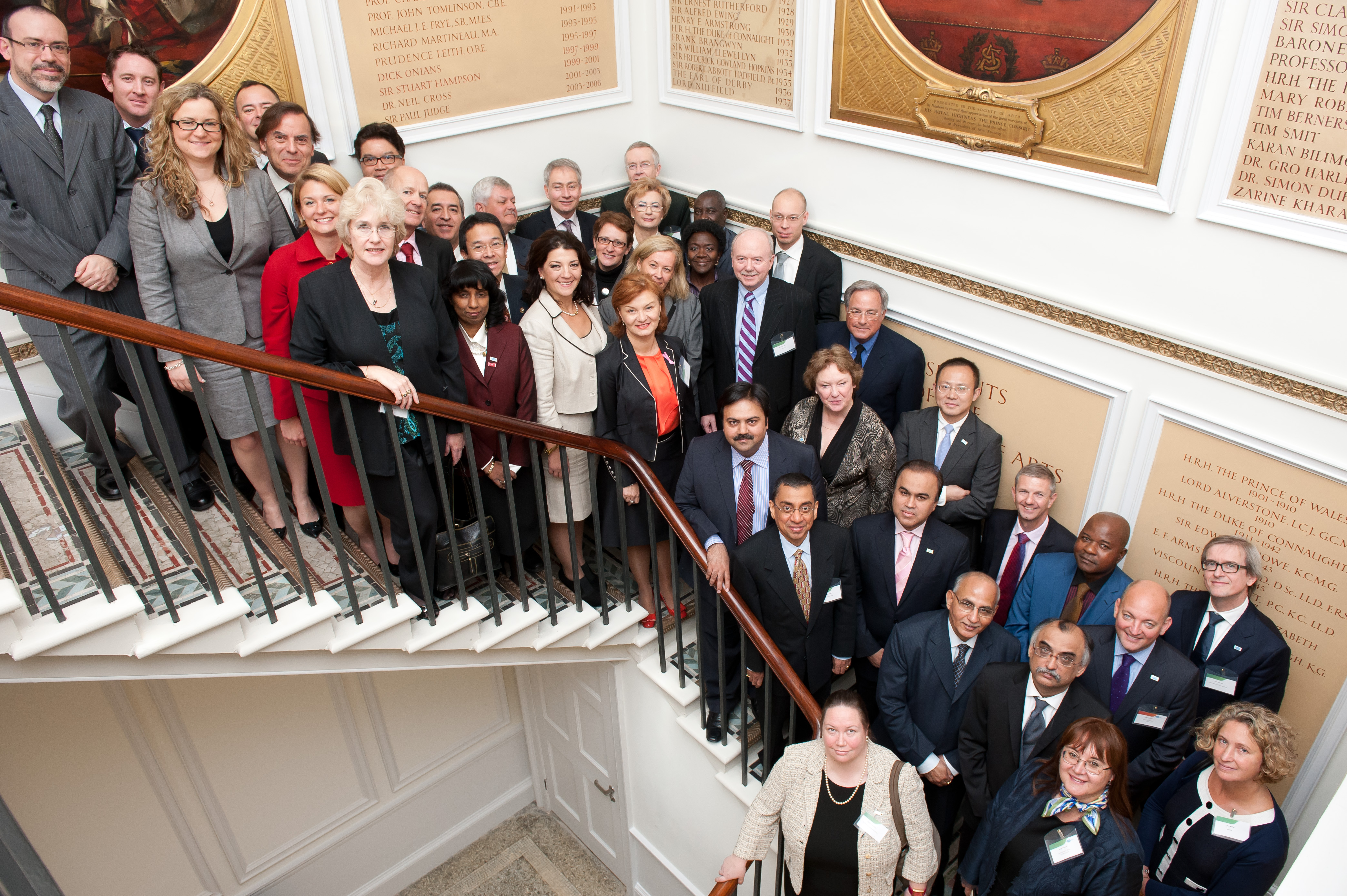The Professional Accountants in Business (PAIB) Committee of the International Federation of Accountants (IFAC), the global organization for the accountancy profession, today released for comment proposed International Good Practice Guidance (IGPG), Project and Investment Appraisal for Sustainable Value Creation. This principles-based guidance will help the accountancy profession to facilitate sustainable organizations, financial markets, and economies by taking into account economic, environmental, and social considerations for project appraisal and investment decisions.
“The time was right to update the 2008 guidance to reinforce the importance of rigorous project and investment appraisal, with a specific emphasis on facilitating long-term decision making and incorporating sustainability related impacts,” said Roger Tabor, chair of the PAIB Committee. “The revised guidance also sets out the critical role professional accountants in business play in advising on the application of financial principles and theory that are being tested during this current period of market instability.”
More than half of all professional accountants in the world work in business and the public and not-for-profit sectors. They play a crucial role in helping organizations ensure a systematic and analytical approach to project and investment appraisal that incorporates wider external impacts by including relevant costs and benefits into the decision process. External impacts include social impacts, like health and safety and labor practices, the economic impacts of decisions, such as in communities and for suppliers, and environmental impacts, such as biodiversity and pollution.
“Through a better understanding of these wider impacts and externalities, an organization and its stakeholders will have a more complete picture of sustainable value creation,” said Vittorio Lusvarghi (Italy), outgoing chair of the PAIB Committee’s Sustainability Task Force. Mr. Lusvarghi is being succeeded by Athalanallur Natarajan Raman (India).
How to Comment
IFAC and the PAIB Committee invite all stakeholders to comment. To access the Exposure Draft and submit a comment, visit the PAIB Committee section of the IFAC website. Comments on the Exposure Draft are requested by February 28, 2013. You must register on the IFAC website to submit a comment.
About International Good Practice Guidance
International Good Practice Guidance (IGPG) issued by the PAIB Committee cover areas of international and strategic importance in which professional accountants in business are likely to engage. In issuing principles-based guidance, IFAC seeks to foster a common and consistent approach to those aspects of the work of professional accountants in business not covered by international standards. IFAC seeks to clearly identify principles that are generally accepted internationally and applicable to organizations of all sizes in commerce, industry, education, and the public and not-for-profit sectors. Previously issued IGPGs are available on the IFAC website, including Preface to IFAC’s International Good Practice Guidance.
About the PAIB Committee
The PAIB Committee serves IFAC member bodies and professional accountants worldwide who work in commerce, industry, financial services, education, and the public and the not-for-profit sectors. Its aim is to promote and contribute to the value of professional accountants in business by increasing awareness of the important roles professional accountants play, supporting member bodies in enhancing the competence of their members, and facilitating the communication and sharing of good practices and ideas.
About IFAC
IFAC is the global organization for the accountancy profession, dedicated to serving the public interest by strengthening the profession and contributing to the development of strong international economies. It is comprised of 173 members and associates in 129 countries and jurisdictions, representing approximately 2.5 million accountants in public practice, education, government service, industry, and commerce.
# # #




